- About Us
- Architects & Practices
- What’s On
- Awards & Competition
- Education / CPD
- Knowledge & Resources
- Shop
-
Join HKIA


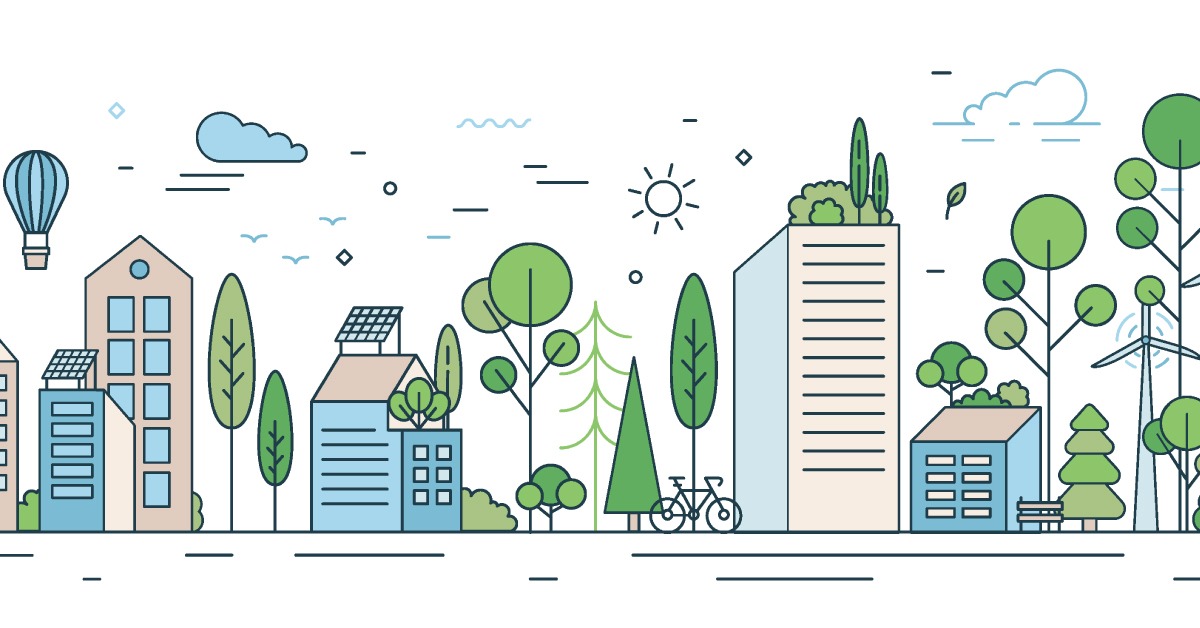
COMMUNITY ARCHITECTURE AND HUMAN RIGHTS WEBINAR
Sustainable Housing for Resilient Communities: the impact on our environment
Monday 15 March 2023 | 14:00-16:00 CET
The UIA Work Programme on Community Architecture and Human Rights (CA + HR) focuses on UN SDG 11: “Sustainable Cities”, the objectives for which include providing safe and affordable housing, fostering inclusive and sustainable urbanisation, protecting the world’s cultural and natural heritage as well as ensuring access to safe, inclusive green and public spaces.
During the most recent period punctuated by continuous crises, from sanitary and environmental to fiscal, energetic, and social, communities around the globe have been required to be resilient to meet daily needs. But it is important that long-term sustainability goals not be compromised by short-term urgency as our communities’ struggle for survival. Short term and long-term objectives will require a new set of principles, methods, and tools, which are complementary and not exclusive to one another.
Considering the above, CA + HR, focuses on the issue of housing policies and projects’ environmental impact as a key to addressing this holistic agenda and invites a set of prominent speakers to share their regional and local experiences with confronting current challenges and sharing innovative out-of-the-box ideas and projects. The webinars will host a lively and much needed dialogue, mapping the field and balancing the need for tactical immediate action with long-term strategic planning. Sharing Constantinos Doxiadis’s early call for new scientific and creative common ground between Ekistics, the holistic study of human settlements, and Ecology, and the agendas that have been developing so far, especially in the context of international cooperation and regional initiatives, the intention is to stimulate an inclusive and forward-thinking discussion on harmonising local action with global priorities and risks.
Register for the webinar | Download the flyer
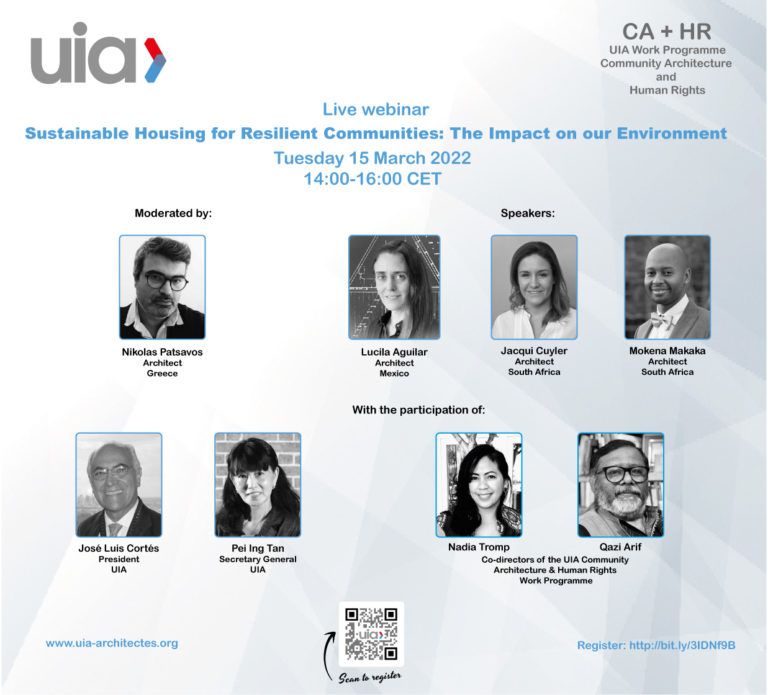
About the panelists
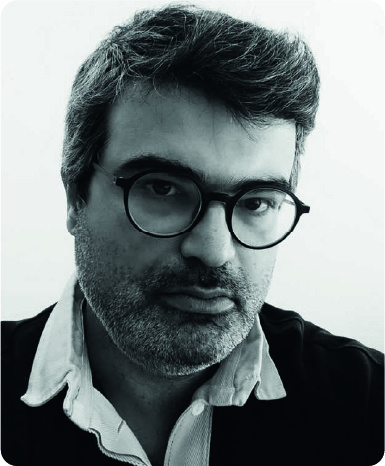 |
Nikolas Patsavos is associate professor of Architectural Design and Critical Interdisciplinary |
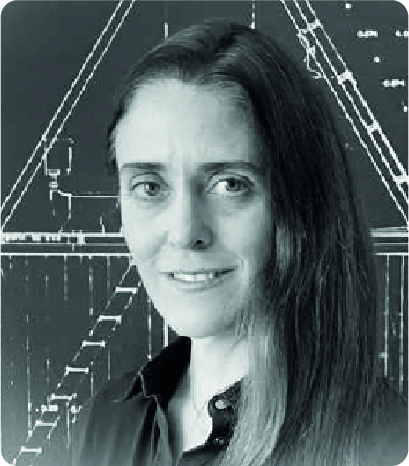 |
Lucila Aguilar is partner and founder of the architecture firm Lucila Aguilar Arquitectos, located in Mexico city. She studied at institutions such as the Art Institute of Chicago, RISD and ICP (New York), and specialised in sustainable architecture at Bamboo U, located in Bali. As part of her research in sustainability, she integrates construction techniques with earth and bamboo to her projects, developing details in connections, suppliers and the management of bamboo. With an emphasis on innovation, she pursues projects that sow a social and ecological awareness and promote a more balanced bond with Earth. |
 |
Jacqui Cuyler is co-founder and co-director of 1to1 – Agency of Engagement, a design-based |
 |
Mokena Makeka is founder of DESIGNWORKS, an international award winning architectural and urban planning firm, and Senior Advisor at Dalberg. He is an expert on urban development and affordable housing, and has extensive experience of chairing, founding and serving on boards and these roles include the South African Heritage Resources Agency, the Cultural and Creative Industries Federation of South Africa and Cape Town Heritage Trust. He is a Young Global leader at the World Economic Forum 2015, member of the WCS Young leaders in urbanism and has served as an advisor to the South African Minister of Human settlements. |
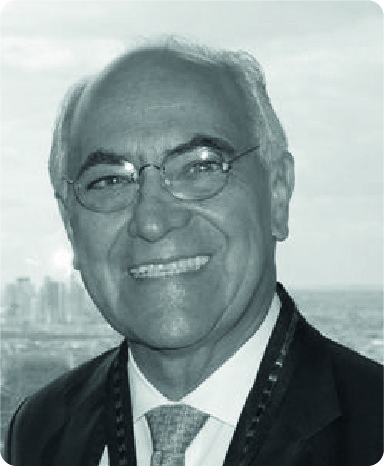 |
José Luis Cortés, UIA President: A graduate of the Monterrey Institute of Technology, Mexico, with post-graduate degrees in urban planning from the Royal Academy of Fine Arts, Denmark and the Massachusetts Institute of Technology (MIT), USA. He taught urban planning at the Universidad Autónoma Metropolitana Campus Xochimilc and at the University of Iberoamerica. A visiting professor in India, Japan and Sweden, Mr. Cortés has carried out architectural and urban planning projects for many historic city centres and has authored numerous publications on housing and urban planning. |
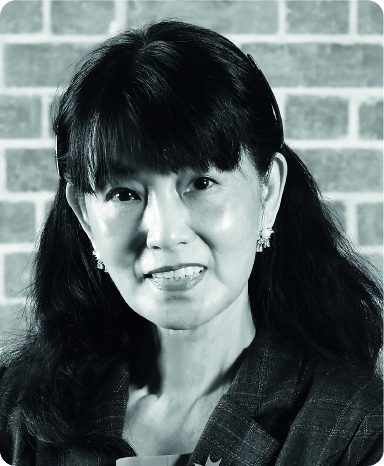 |
Pei Ing Tan, UIA Secretary General: The first female President of the Malaysian Institute of Architects (PAM), Pei Ing Tan also served as President of the Architects Regional Council of Asia (ARCASIA). She is also a Member of the Board of Architects Malaysia as well as the Australian Institute of Architects National Committee on Gender Equity (2020-2021) in addition to being an International Chapter Council member. |
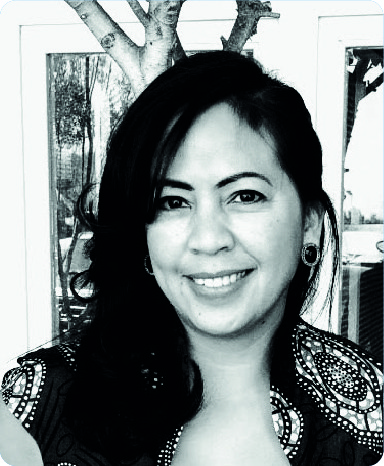 |
Nadia Tromp is co-director of the UIA Community Architecture and Human Rights Work Programme for the 2021-2023 term. 2021 laureate of the UIA Vassilis Sgoutas Prize for Implemented Architecture Serving the Improverished, in 2017 she became the first female architect from the African continent to win a World Archi- tecture Festival Award (WAF) for her design of the Westbury Clinic, a project widely commended for its approach to public space. The work accomplished by her firm, Ntsika Architects, is characterised by a deep social commitment grounded in innovative design solutions which foster human dignity. |
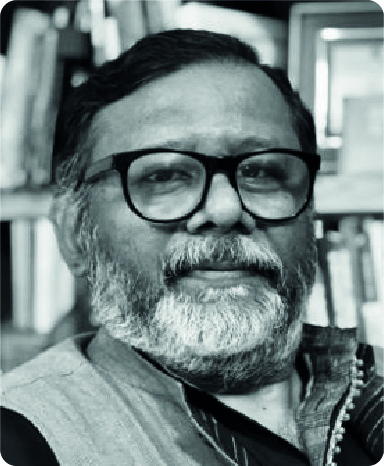 |
Qazi M Arif is co-director of the UIA Community Architecture and Human Rights Work Programme for the 2021-2023 term. Principal architect and president of ENVISION architects based in Dhaka, Bangladesh, he combines teaching in various universities in Bangladesh with extensive research and writing. In addition to holding leadership positions in Architects Regional Council Asia (Arcasia) and South Asian Association for Regional Cooperation of Architects (SAARC), he serves as juror for professional and student competitions and prizes. |
Synopis of presentations:
Jacqui Cuyler
The importance of sustainable housing as a means of promoting resilient communities and reducing the negative impact of environmental issues does not occur as a theoretical prescript but as an emergency response to current conditions. It is crucial to view this issue from a human rights perspective, particularly in the global south where the burden of environmental responsibility often falls on the poor in policy and on the ground. To address this, we must focus on relinquishing the pressure on the poor to carry the responsibility of environmental issues and instead promote more equitable and sustainable policies that prioritise their well-being.
Mokena Mokeka
With each passing year, affordability is becoming an elusive concept. It is estimated that nearly 440 million households will be affected by substandard housing or would be financially constrained with housing costs by 2025. Housing can serve as a psychological foothold in urban and rural realities, but they can also offer an economic lever, a stake in local governance and be a marker of dignity. The future of affordable accommodations potentially lies in the untapped role of climate-smart forest management. Scaling this initiative will ensure access and affordability of dwellings in Sub-Saharan Africa, and sustainable supply will help decrease environmental impacts.
More details on UIA website